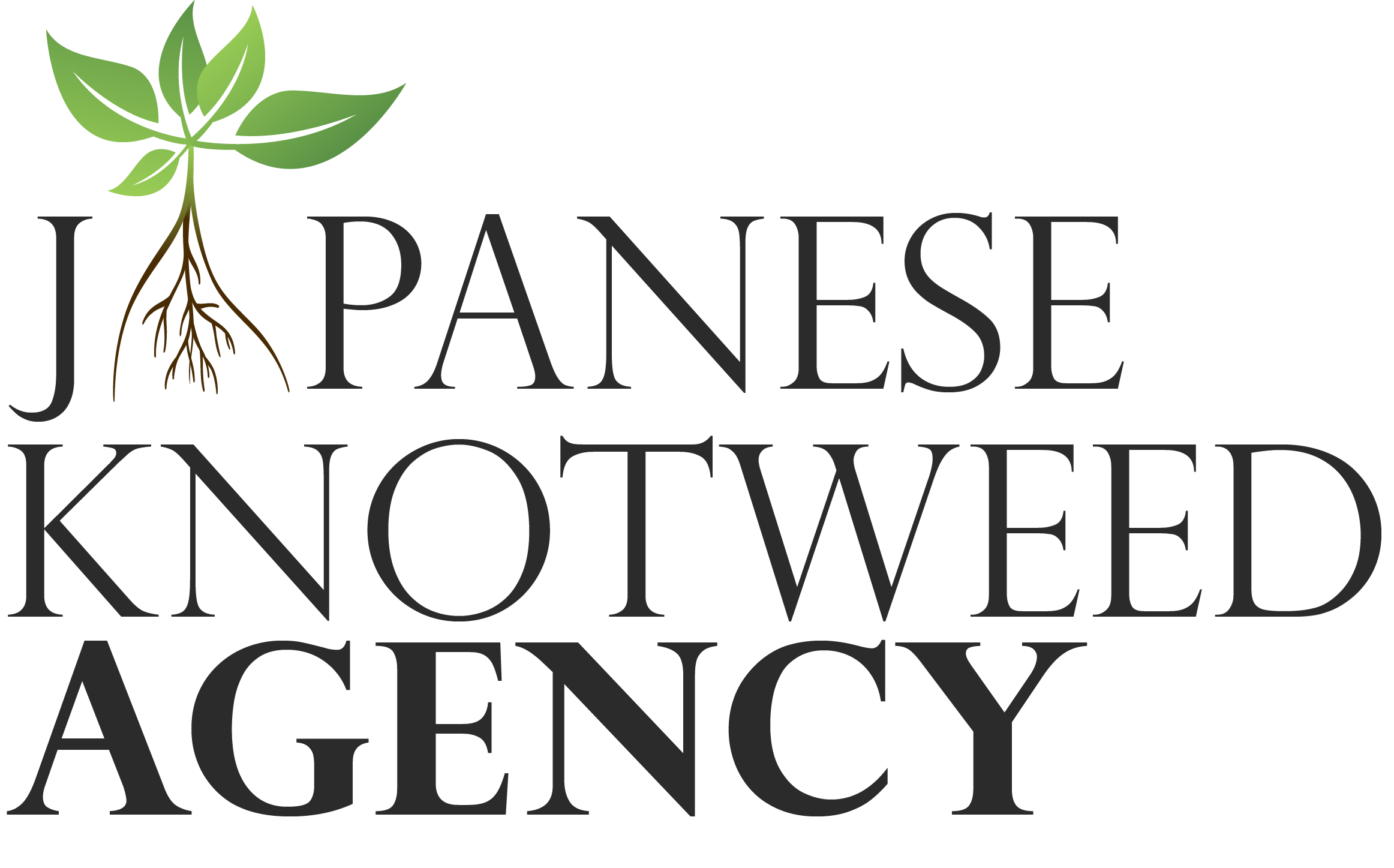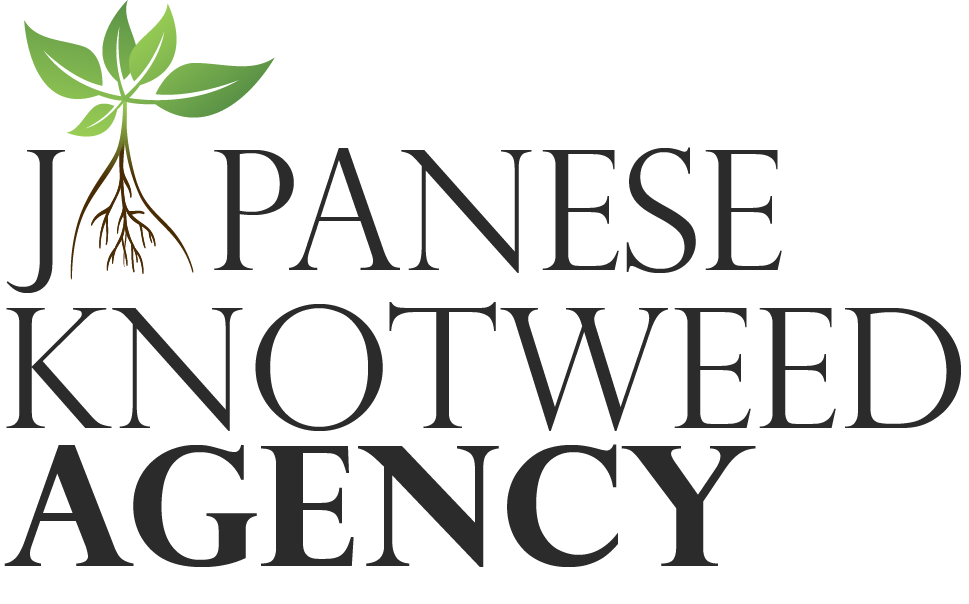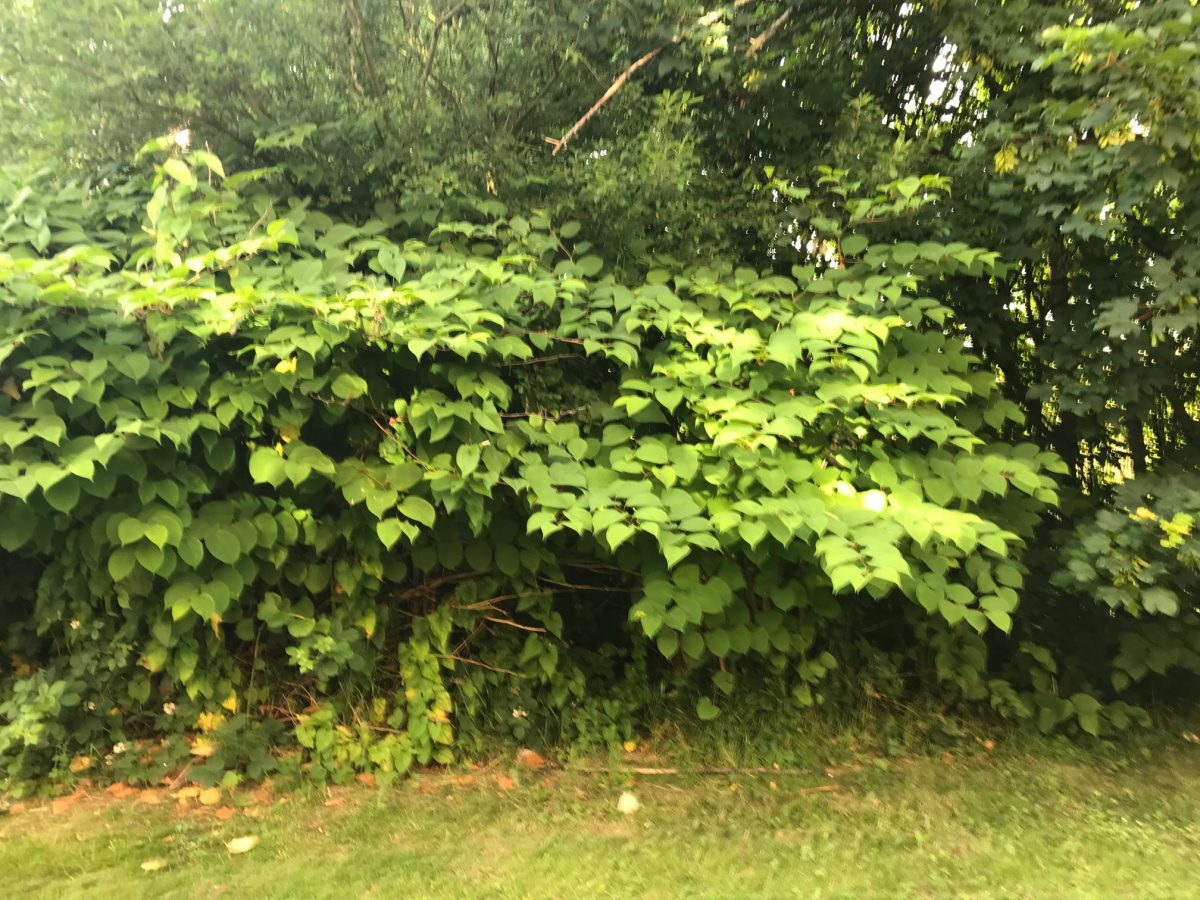According to some reports, homeowners are not aware of their legal responsibility to stop Japanese Knotweed spreading. Only 36% of them know they can be sued and only 18% are aware that they could face criminal prosecution. Japanese knotweed should not be ignored. This page contains information that will help you understand the laws regarding Japanese knotweed.
Japanese Knotweed can grow in the garden of a landowner’s property. He should take every precaution to prevent the invasive weed spreading to neighbouring properties. If this fails, he could be held liable for any damage that was caused by the encroachment. If the knotweed is growing on your property, the landowner could be held responsible.
Give Notice to Your Neighbour
If you want to sue your neighbour, you should give the person or organization responsible for the adjacent land the chance to address the nuisance (knotweed) unless it has been there for quite some time and must be obvious that they are already aware. You should notify your neighbours as soon as possible. Also, make sure you specify what actions you want the landowner to take.
You should ask your neighbour to treat knotweed on their property as well as on theirs. Ideally, the remedy they choose should also include a guarantee. You should also include a description of the possible consequences for them if they ignore the notice. If the knotweed is from commercial land or infrastructure like Council or Network Rail, they are more than likely already aware.
Unreasonable Conduct
A Community Protection Notice (CPN), which can be used under the Act, can be used to order someone to stop or control the growth of Japanese knotweed and other plants that could cause serious problems for communities. The conduct of an individual or body must have a negative effect on the quality or life of others in the area. Section 57 of the Act defines conduct as “a failure to act”. CPNs could be used to force someone to stop or control the growth of Japanese knotweed, or other plants that can cause serious harm to communities.
Fixed Penalty Notice
If an individual or organization isn’t controlling Japanese knotweed, or any other invasive plant, and it could reasonably be expected that they would, the CPN could then be used. A mandatory written warning must be served before the CPN can be used to force them to cease their anti-social behaviour. A community protection notice violation without reasonable excuse would be considered a crime and subject to a fixed penalty. A summary conviction would result in a fine of not more than PS2,500 for an individual. A fine of not more than PS20,000 is possible for an organisation such as a company.
Paramount Knotweed Management Plan
Knotweed is not a reason to deny a mortgage application. Instead, it should be considered on a case-by-case basis. A suitable Knotweed Management Plan must be presented. It can be shocking to discover that your property has knotweed or that your property is infested. However, there are ways to control the infestation. The Knotweed Management Plan is the key.
Legal Rights Against Misrepresentation
Japanese knotweed is a serious problem in the country. The seller must disclose this information to you when buying a house. If the Japanese knotweed is present in a property you’ve purchased, you may sue the seller.
Property value loss
Knotweed infestation can cause property value loss. If a property is found to be infested with Japanese knotweed or Japanese knotweed within 7 metres of the property, it will make it extremely difficult to obtain a mortgage.
A property that is affected by Japanese knotweed loses its value, regardless of whether it is within their boundaries or within 7 metres. This is known as diminution of value. It may be possible to include a claim of diminution in any settlement if you succeed in bringing a Nuisance Claim on a defendant.
Professional Negligence
If you paid for a professional inspection of your property, and the surveyor failed to notice the Japanese knotweed, then you could file a claim for professional negligence against the surveyor. You can file a claim if you can prove that the surveyor should’ve noticed the Japanese knotweed.


